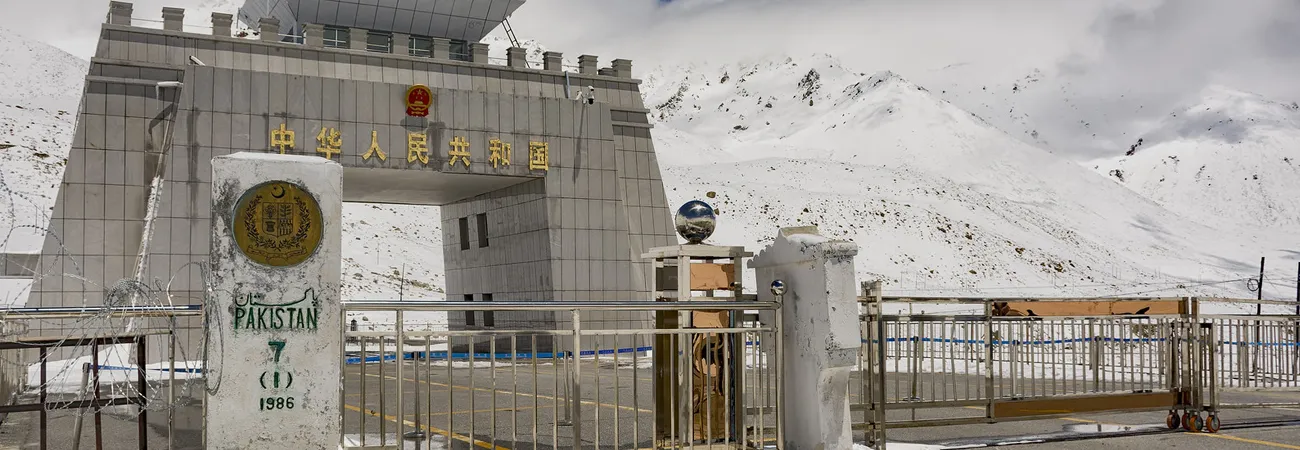i ECONOMY
Pakistan has set its sights on bolstering labor and capital mobility with its longstanding ally, China. This strategic move holds a significant promise for both nations but also raises complex challenges that demand careful navigation. Speaking to WealthPK, Dr Fakhar-ul-Islam, a social scientist and research & development specialist at the Institute of Policy Studies, said as regional and global trends increasingly favored economic cooperation, Pakistan had initiated a process of realignment. "Central to this shift is the move away from traditional security concerns towards a broader focus on economic security." The call for prioritizing labor and capital mobility with China comes in light of Pakistan's ambitious goals for infrastructure development, job creation, and poverty alleviation, he said, emphasizing the need for Pakistan to address regulatory barriers and bureaucratic hurdles that may impede the smooth flow of labor and capital between the two countries.
He noted that it was essential for Pakistan to comprehensively understand Chinese consumer preferences and market trends to effectively customize Pakistani products to align with the demands of the Chinese market. "Furthermore, education, among several key areas of cooperation between Pakistan and China, entails the promotion of Chinese culture and language in Pakistan." "China has sponsored several educational and cultural institutes in Pakistan to teach Chinese Confucianism, language, and culture. This has allowed Pakistanis to learn about Chinese culture and language, further strengthening the cultural ties between the two countries," Fakhr further said. Dr Hassan Daud Butt, an associate professor and former project director of CPEC, said one of the most significant spill-over effects of China's growth has been on global trade. "China's integration into the global economy has deepened through extensive trade and investment activities. The country has become a major trading partner for numerous nations, both in terms of exports and imports.
Additionally, China's outbound investment has expanded significantly, with investments spanning various sectors and regions worldwide. This has fostered economic interdependence between China and other countries, influencing diplomatic relations and global economic governance structures." He said that CPEC has already unlocked billions of dollars in investment, with projects ranging from power plants to highways, reshaping Pakistan's economic environment. "Moreover, the recent expansion of the corridor's scope to include special economic zones promises to catalyze industrialization and create employment opportunities." Furthermore, he emphasized that while Pakistan's strategic relationship with China remains steadfast, realizing enduring social and economic benefits necessitates an approach to cooperation with China that is centered on the interests of people and businesses.
Credit: Independent News Pakistan









